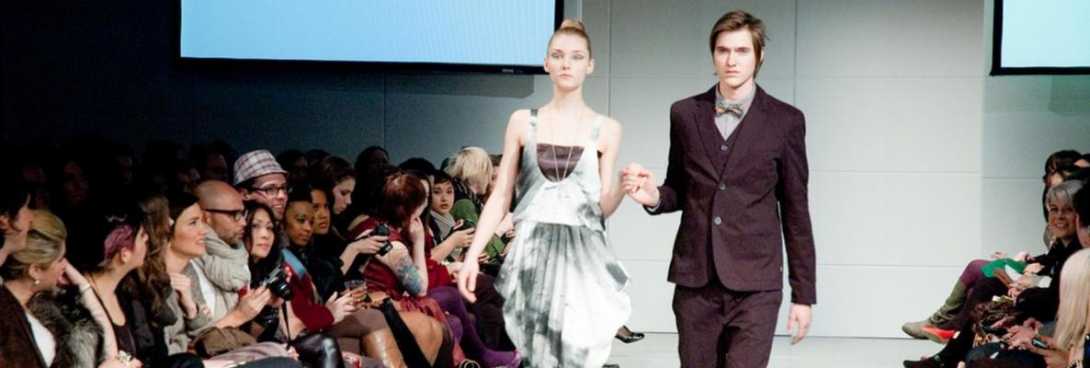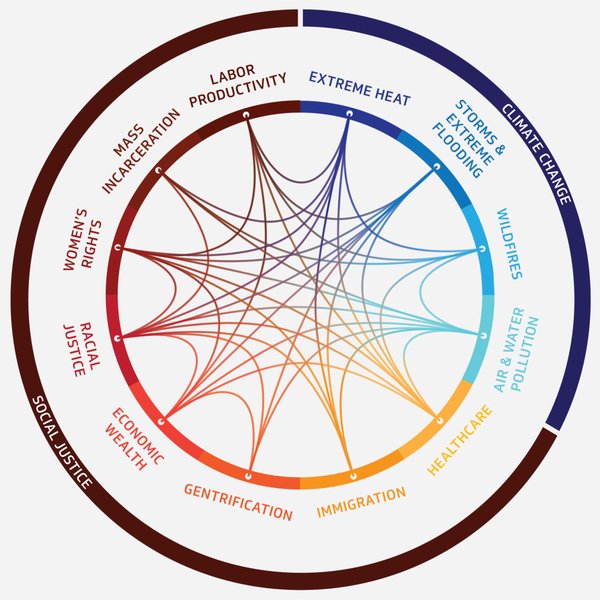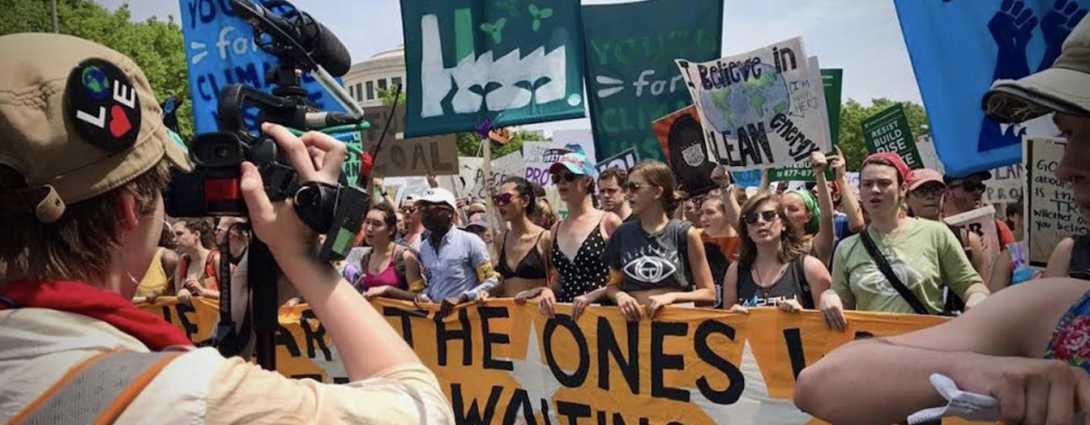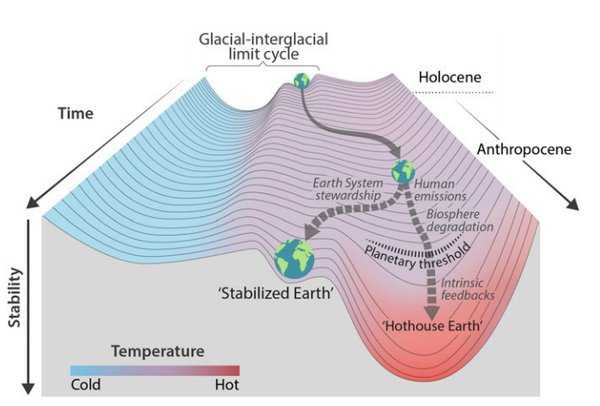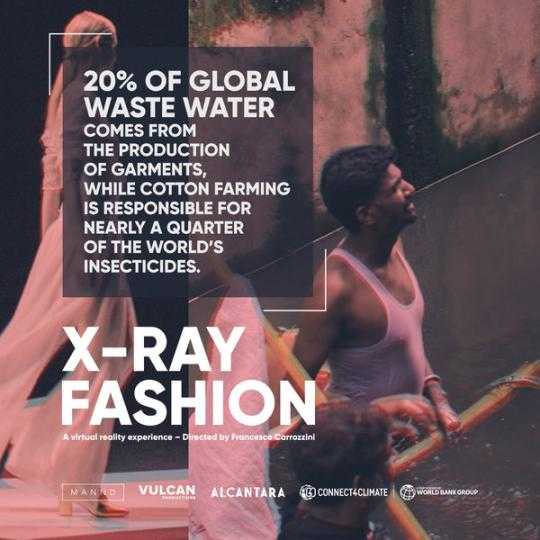UN helps fashion industry shift to low carbon
|
Freedom to Breathe aims to capture stories of resilience and courage in the United States
|
Youth Unstoppable: The Rise of the Global Youth Climate Movement at Green Film Festival
